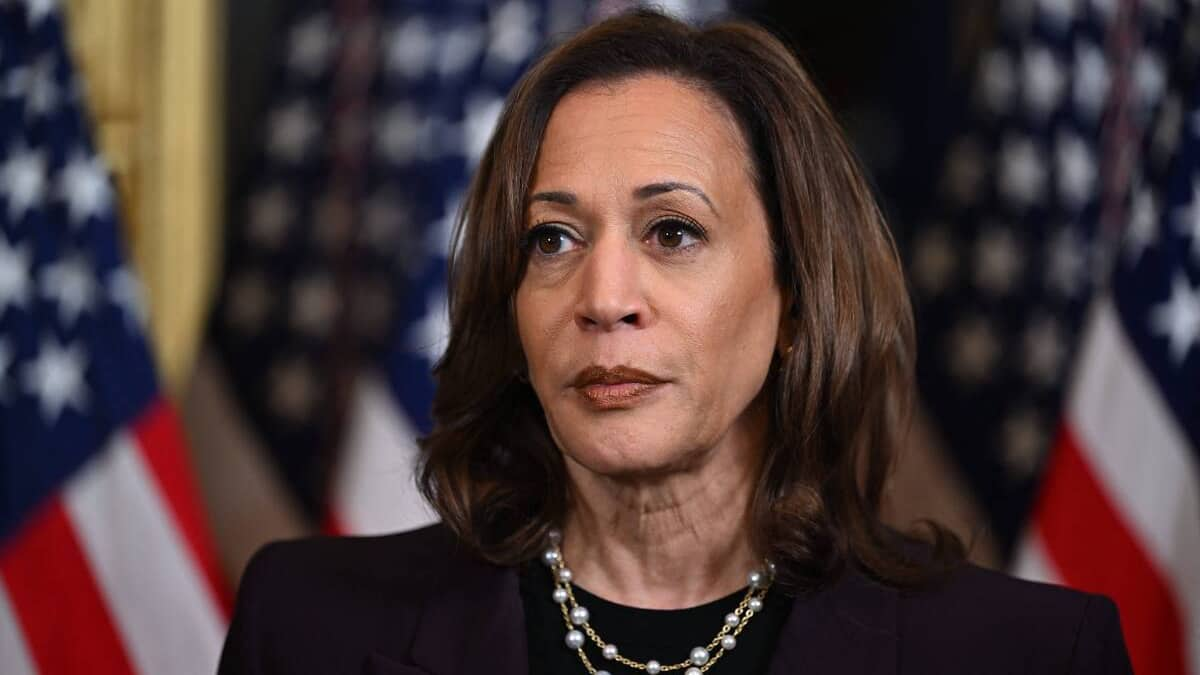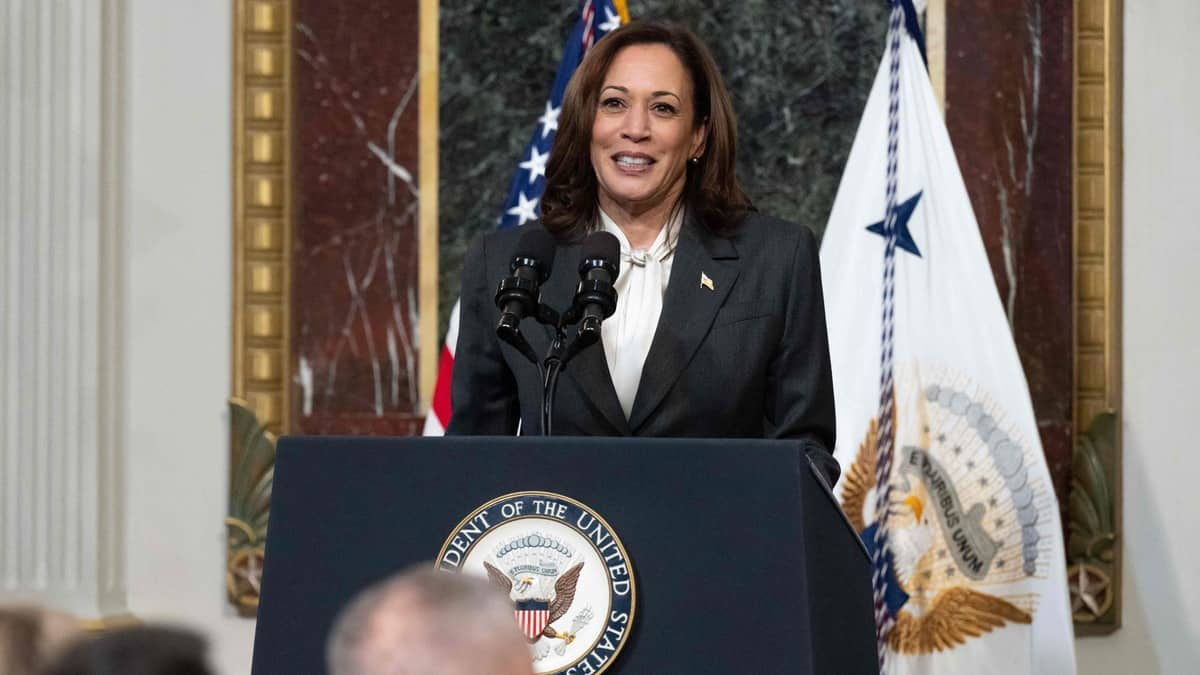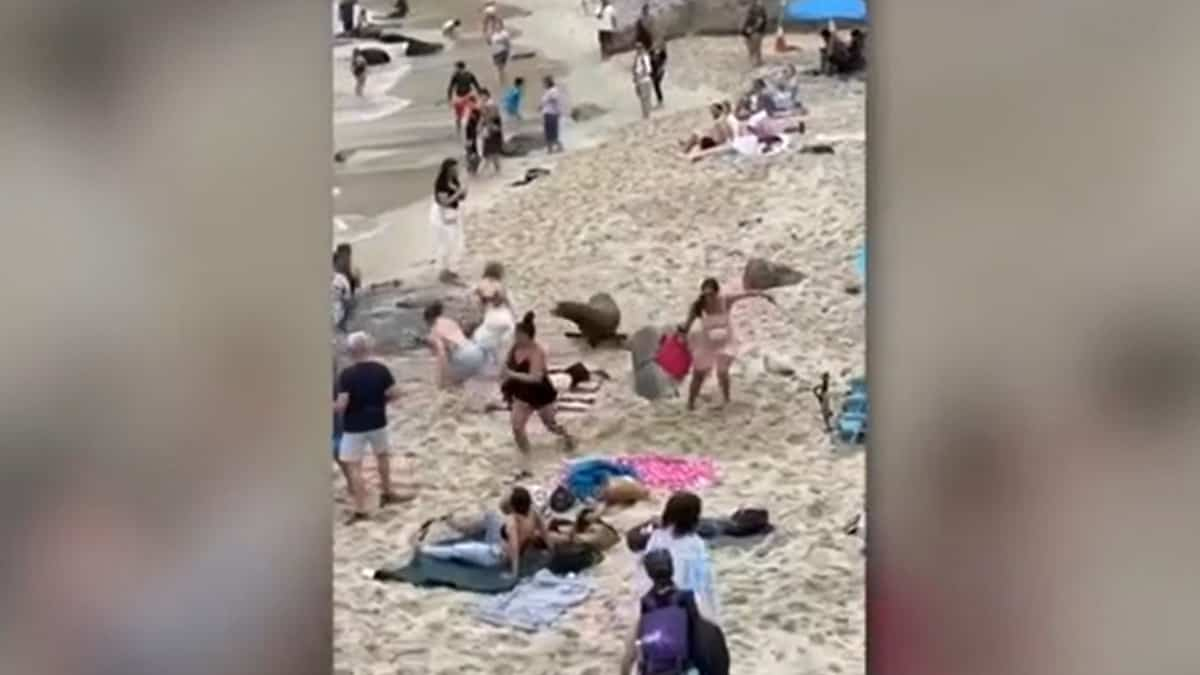
Criticism of education departments and colleges is never far away. In the public sphere, many commentators are already veering into painful clichés. As education professors, we would like to contribute some elements to this discussion.
• Read also: The root causes of the education crisis
• Read also: A lecturer sounds the alarm about future teachers: Our universities graduate “functionally illiterate”
First, we often read or hear that there is only one theoretical thought. Sure, some trends are more popular, but the same is true in other areas.
Moreover, the theoretical background of our fellow professors and lecturers is very diverse: some of them are trained in the field of education, while others come from disciplines such as philosophy, economics, politics, psychology, sociology, physics, etc.
Confronting thoughts
Even if some refuse to see it: ideas about education confront each other, within our walls. Simple participation in a gathering of professors allows us to see how difficult it is to reach consensus precisely because of dialogue between people who do not have the same theoretical reference points.
Hence, some commentators like to say that the quality of the educational programs is poor. It is clear that we can always do better, but note that great efforts are being made in this direction in all education departments and faculties.
For example, new versions of the secondary school teacher training programs in mathematics as well as science and technology at the University of Montreal are the result of collaboration between faculty and the departments of mathematics, statistics, physics, biology and chemistry. Therefore, our students are also trained by professors from these departments, which enriches their wealth of knowledge and educational perspectives.
the best in the world
Moreover, what do we know about the teachers we train? Some indicators are rather encouraging. According to Program for International Student Assessment (PISA) results analyzed by the Council of Ministers of Education of Canada, Quebec students rank among the best in the world in reading and mathematics.
Even if these statistics represent only a snapshot taken every four years, they indicate that teachers in these disciplines have done an outstanding job since the first administration of the test, in 2000. The quality of teachers' work also appears to be recognized by the Quebec commission. population.
In the 2021 Léger Marketing Careers Barometer, 88% of respondents said they trust the teachers we train. And if we go back a little, we find that their confidence was also high, for example at a rate of 91% in 2016. So, although it is important to realize that our training programs are perfect – and will always be so, it is important to also highlight the moves The good one.
And then, as Faulkner says, “We have failed to achieve our dreams of perfection. So I judge us by our impressive failure to achieve the impossible. »
Sebastien Belland (University of Montreal)
Marc-Andre Ethier (University of Montreal)
David Lefrançois (Université du Québec de Outaouais)
Catherine Malbeuf-Hurtubise (Bishop's University)
Christelle Leeson (University of Sherbrooke)
Jonathan Smith (University of Sherbrooke)






